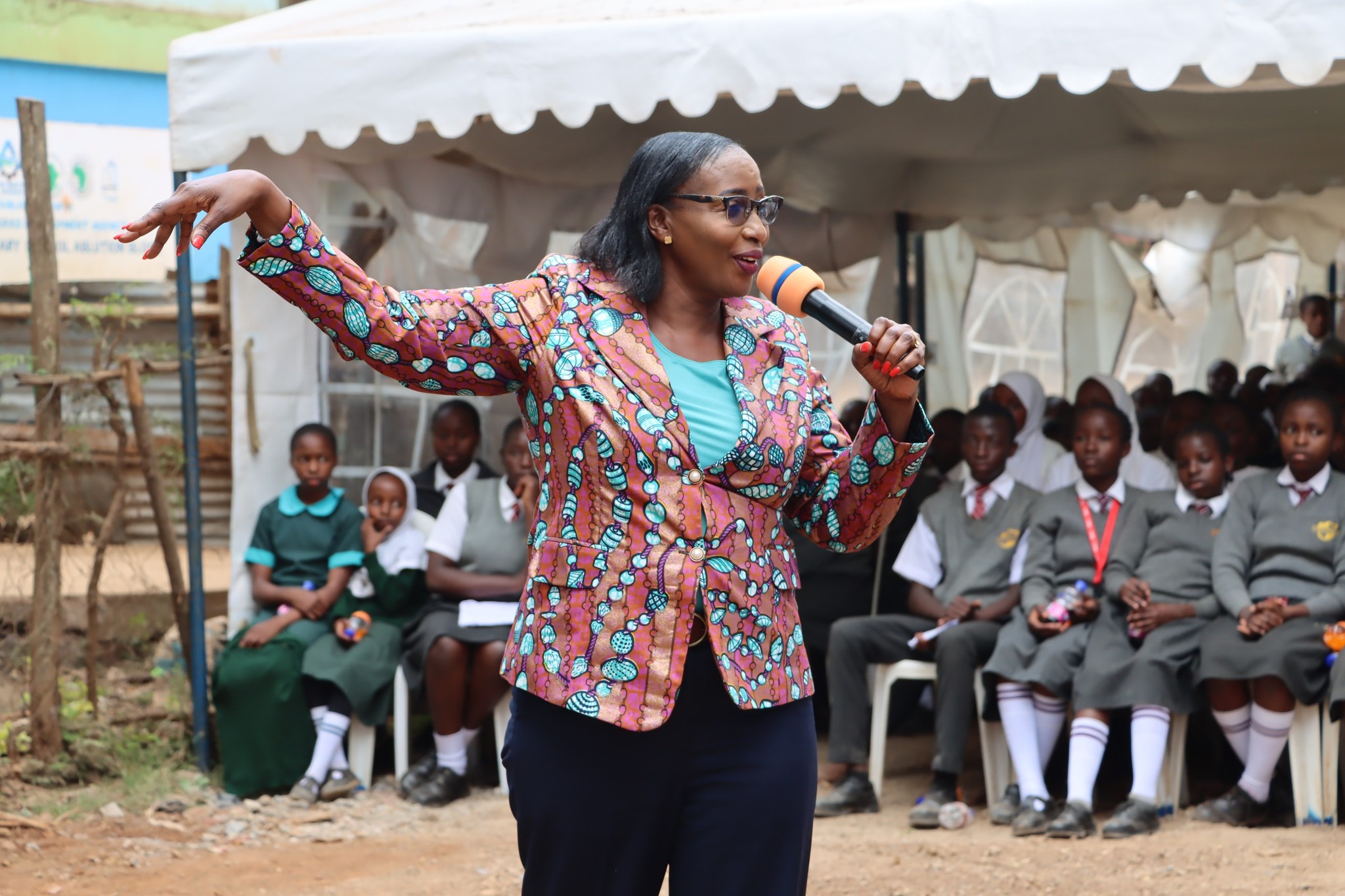The Kenya Kwanza administration has once again prioritised education by allocating the largest share of the 2025–26 national budget to it.
The education sector is set to receive Sh702.7 billion, which amounts to 28 per cent of the total Sh4.29 trillion national budget. This marks an increase of Sh44.5 billion from last year’s allocation of Sh656.6 billion, which represented 27.6 percent of the total budget of Sh3.92 trillion.
In the 2023–24 financial year, education received Sh628.6 billion—up from Sh544.4 billion in the 2022–23 financial year—continuing the upward trend in education funding.
This robust allocation aims to finance capitation for primary, junior secondary, TVET, and universities, in addition to paying teachers, instructors, and lecturers. A portion will also go toward building and improving learning institutions.
While tabling the 2025/26 budget in Parliament on June 12, Treasury Cabinet Secretary John Mbadi announced that the Teachers Service Commission (TSC) will receive Sh387.2 billion, up from Sh358.2 billion in the previous year.
Mbadi explained that the TSC budget includes Sh7.2 billion for recruiting intern teachers and Sh980 million for teacher training in the Competency-Based Education (CBE) framework.
In comparison, the 2024–25 budget had allocated Sh13.4 billion for converting 46,000 JSS intern teachers to permanent and pensionable roles, and Sh1.3 billion was set aside for CBE training.
Mbadi further revealed that Sh7 billion had been earmarked for free primary education, Sh28.9 billion for junior school capitation, and Sh51.9 billion for free day secondary education.
In the previous budget, basic education was allocated Sh142.3 billion, broken down into Sh9.1 billion for free primary education, Sh61.9 billion for free day secondary education, and Sh30.7 billion for junior secondary capitation.
READ ALSO:
KUPPET demands 100 percent allowance increase, decries declassification of hardship zones
On examinations, Mbadi proposed Sh5.9 billion for managing national exams but clarified that no funds were set aside for exam fee waivers. However, he reassured Kenyans that “all candidates will sit examinations this year at no cost.”
He cautioned that due to an anticipated revenue shortfall of Sh970 billion, the government might be forced to reconsider full subsidies next year.
“While we are cognizant that examinations are to be conducted as scheduled this year, there’s a need to undertake a critical evaluation of the cost of examination and assess the sustainability of the programme given prevailing fiscal constraints and explore optimal options for delivering national examinations to ensure economic and value for money in public spending,” Mbadi said.
He added that it was no longer feasible to offer blanket waivers since only a small percentage of learners come from underprivileged backgrounds.
“To this end, the National Treasury is in consultations with the Ministry of Education on how best to achieve this at a minimal cost possible, including evaluating cost-sharing mechanisms,” he added.
Last year, Sh5 billion was used to waive exam fees fully.
Additionally, Sh3 billion has been assigned to the school feeding programme. At the same time, Sh4 billion will support the Technical, Vocational, Educational Training and Entrepreneurship project.
TVETs had received Sh30.7 billion in the previous fiscal year. In the new budget, Sh1.7 billion will be allocated to improving primary and secondary school infrastructure, with Sh1.4 billion directed towards building and equipping vocational training centres.
This is slightly lower than last year’s allocations by the CS Njuguna Ndung’u, who had set aside Sh3.2 billion for school infrastructure and Sh2.3 billion for TVETs, including Sh1 billion for constructing Junior Secondary School (JSS) classrooms.
In terms of quality and equity, the Kenya Primary Education Equity in Learning programme was given Sh13.3 billion, while the Kenya Secondary School Quality Improvement Project received Sh2.3 billion.
These are increases from the previous allocations of Sh11.1 billion and Sh1.5 billion, respectively.
Also included in the education budget is Sh993 million for research and innovation, and a significant Sh41.5 billion to the Higher Education Loans Board (HELB) to fund university and TVET learners. This is a boost from last year’s HELB allocation of Sh35.9 billion.
By Joseph Mambili
You can also follow our social media pages on Twitter: Education News KE and Facebook: Education News Newspaper for timely updates.
>>> Click here to stay up-to-date with trending regional stories
>>> Click here to read more informed opinions on the country’s education landscape






